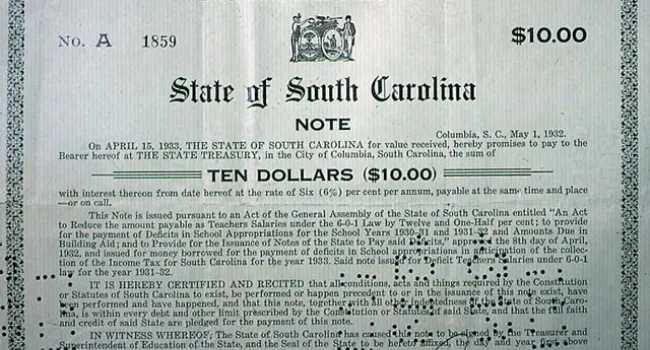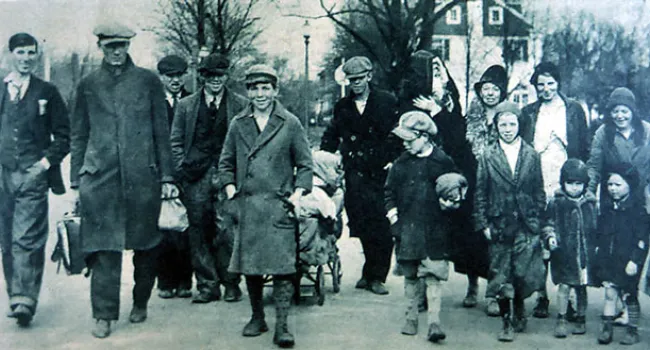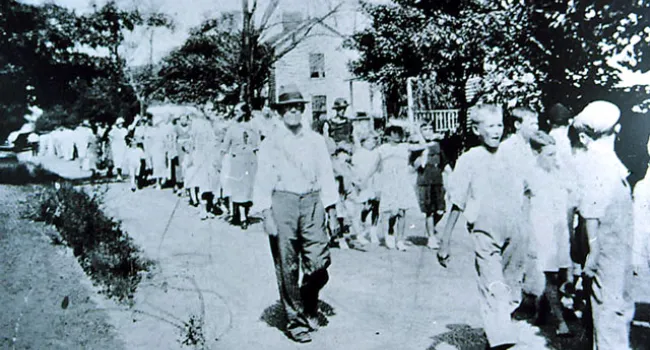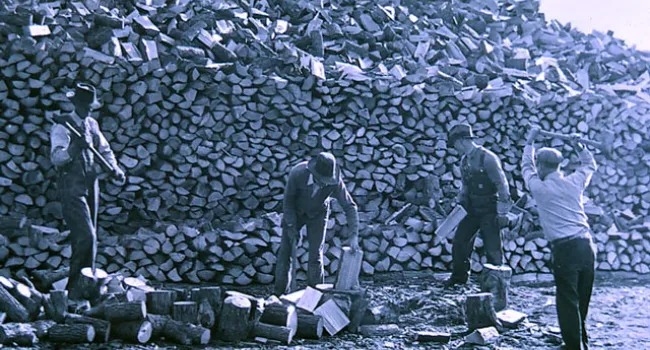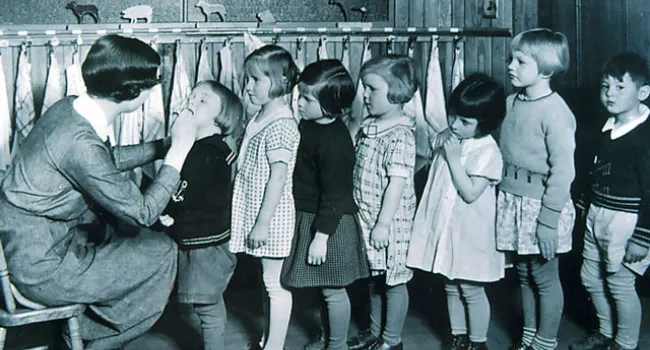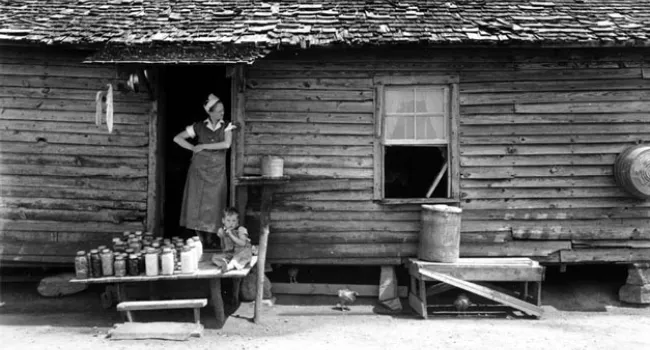
One of the most controversial aspects of the First New Deal was the Agricultural Adjustment Act, or the AAA. This legislation was intended to help farmers by reducing the quantity of farm production so that farm prices would increase. Farmers were paid not to produce certain crops. At the beginning, however, some farm commodities already in production were deliberately destroyed. Opponents of the AAA, which was eventually declared unconstitutional by the Supreme Court, pointed in particular to the destruction of thousands of baby pigs who would otherwise grow to become mature pork. These swine, on the Coosaw plantation of J.M. Cellabos in Dale, were not photographed until 1939. E.C. Hunter, photographer.
Courtesy of the Clemson University Libraries.
Standards
- This indicator was developed to promote inquiry into how wartime government activities, the Progressive Movement, and the New Deal represented an expansion of federal power, including attempts to protect citizens.
- This indicator was designed to promote inquiry into the devastation of the Great Depression and the impact of the New Deal on a largely agricultural South Carolina. This indicator was also designed to foster inquiry into the economic diversification between World War II and the present, to include tourism, global trade and industry, and the maintenance of military bases.
